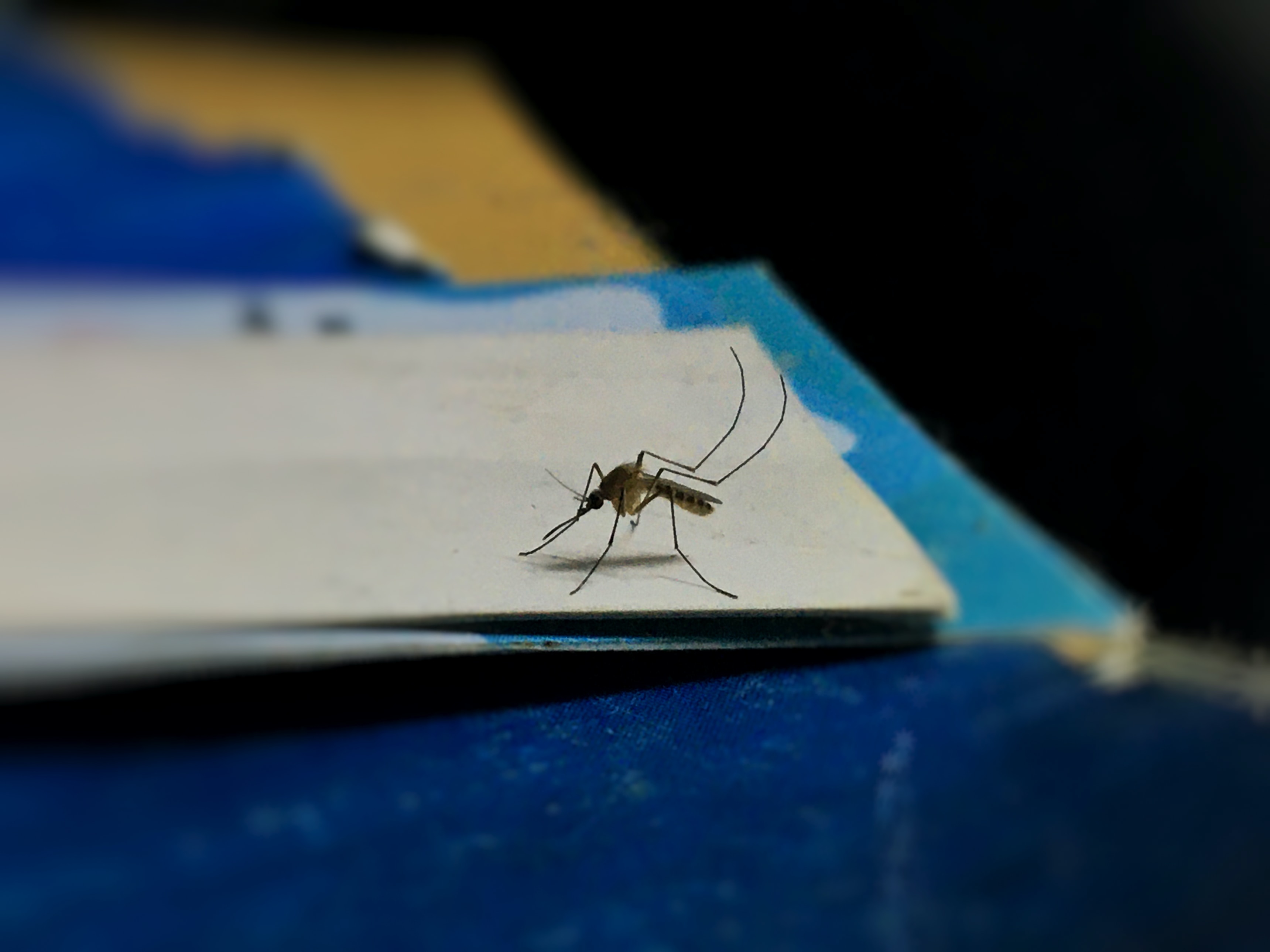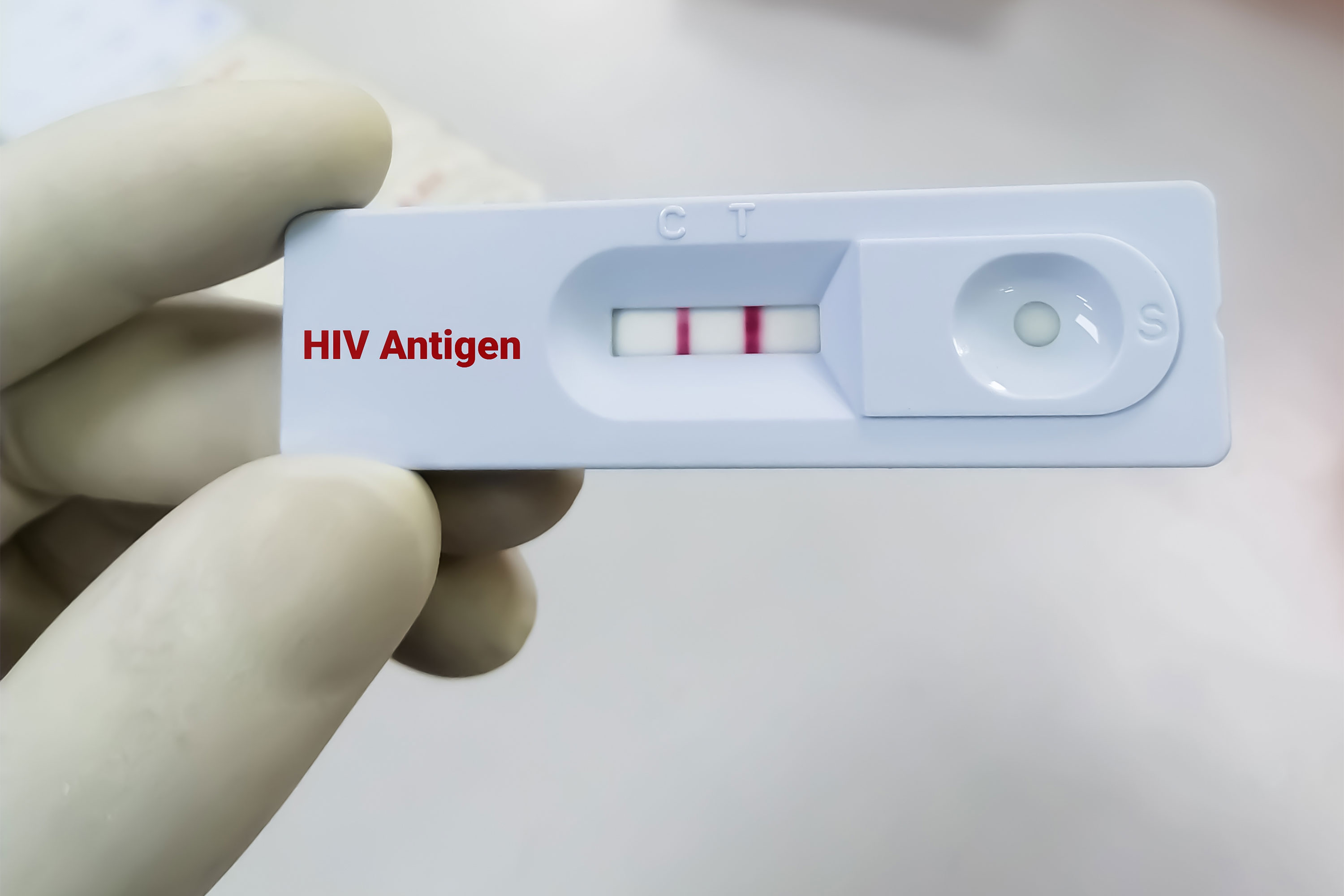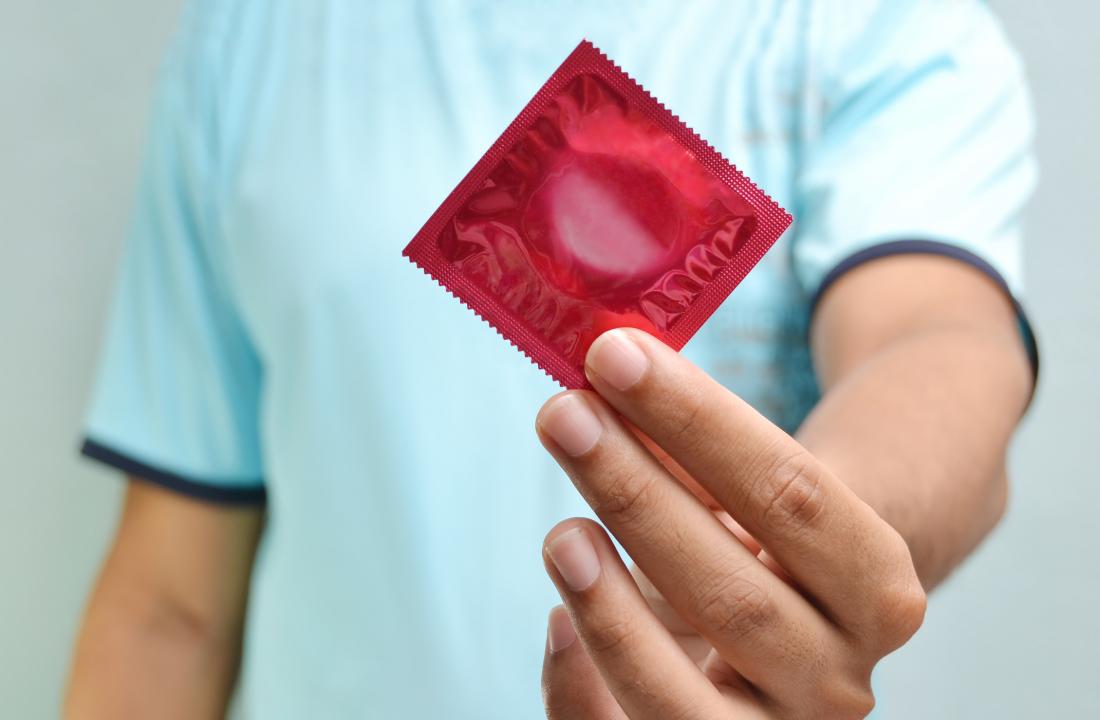We Answer Frequently Asked Questions About HIV/AIDs That You May Be Too Shy To Ask
End the stigma with knowledge and verified information!
1. What is HIV, and is it the same thing as AIDS?
HIV is short for Human Immunodeficiency Virus. It is a virus that targets the immune system. Its advanced stage is known as AIDS, or Acquired Immunodeficiency Syndrome.
While HIV is the initial infection, not everyone with HIV progresses to AIDS. Medical intervention and strictly following treatment plans can prevent this progression, which means that a person infected with HIV may never get AIDS.
2. How do you get HIV?
HIV primarily spreads through specific body fluids, such as blood, sexual fluids, and breast milk. High-risk activities include unprotected sexual intercourse and sharing of needles.
Contrary to some fears, casual contact, such as touching the same doorknob as an HIV-positive person or breathing the same air as an HIV-positive person, poses no risk of transmission. Understanding how HIV is transmitted is vital for prevention.
3. Can you get HIV from kissing someone or getting bitten by the same mosquito?
The simple answer is no.
HIV is not transmitted through casual contact like kissing or mosquito bites. The virus requires direct access to the bloodstream, which these activities do not provide.
4. Is there a cure for HIV and AIDS?
As of now, there is no cure for HIV. However, advancements in medical science have led to the development of highly effective antiretroviral therapy (ART).
ART doesn't eliminate the virus, but it suppresses its replication. This allows individuals with HIV to lead healthy lives. Early diagnosis and consistent treatment are crucial.
5. How soon after exposure can HIV be detected?
Some HIV tests can detect the virus within two to four weeks after exposure, while others may require a more extended period.
That's why regular testing, especially for those engaged in high-risk activities, is essential for accurate diagnosis and timely intervention.
It is encouraged to get tested for HIV at least once a year if:
- You've had unprotected sexual intercourse,
- You've had sexual intercourse with an HIV-positive individual,
- You've had more than one sex partner since your last HIV test,
- You've shared needles, syringes, or other drug injection equipment.
Remember that prevention and early diagnosis are imperative. There is no shame in getting an HIV test. :)
6. Can you tell if someone has HIV by looking at them?
HIV does not manifest in physical appearance, and there is no visual indicator of the virus. Individuals with HIV can be healthy and asymptomatic.
It is dangerous to stereotype or make assumptions based on appearance, as this perpetuates the stigma. Testing is the only reliable method to determine a person's HIV status.
7. Can HIV be passed from mother to child?
Yes, transmission from an HIV-positive mother to her child is possible, but it can be significantly reduced with proper medical care.
Prenatal care, antiretroviral medications during pregnancy, and avoiding breastfeeding can greatly minimise the risk. Consultation with healthcare providers is crucial for expectant mothers with HIV.
8. Can condoms prevent HIV 100%?
Condoms are a crucial tool in preventing HIV transmission during sexual activity. However, while they significantly reduce the risk, they are not 100% effective all the time.
Consistent and correct use, along with regular testing and communication with partners, enhances their effectiveness as part of a comprehensive prevention strategy.
9. Is HIV a death sentence?
In the past, HIV was viewed as a guaranteed death sentence. However, this is no longer the case.
Advances in medical treatment, particularly antiretroviral therapy, have transformed HIV into a manageable chronic condition. Early detection, access to healthcare, and adherence to treatment are pivotal for a positive prognosis.
10. Can I still have a normal relationship if I have HIV?
Absolutely. With antiretroviral therapy and proper communication, individuals with HIV can have healthy relationships, and will not transmit HIV to their sexual partners.
Open dialogue with partners, safe practices, and adherence to treatment plans are essential. Education and understanding within relationships contribute to a supportive environment for individuals living with HIV.
Understanding the facts about HIV/AIDS is fundamental to prevention, destigmatisation, and compassionate support for those affected
By dispelling myths and promoting accurate information, we can empower individuals to make informed choices for their well-being and contribute to a society free from discrimination and fear.
If you want to learn more about HIV/AIDS, here are places that can help you:
1. Malaysian AIDS Council
No 12, Jalan 13/48A,
The Boulevard Shop Office,
Off Jalan Sentul,
51000 Kuala Lumpur.
Contact: +603 4047 4222
Email: [email protected]
Website | Facebook | Instagram
2. Malaysian AIDS Foundation
Contact: +603 4047 4222
Email: [email protected]
Website | Facebook



